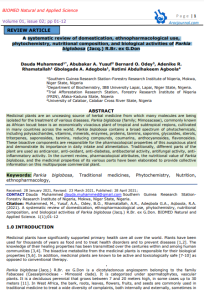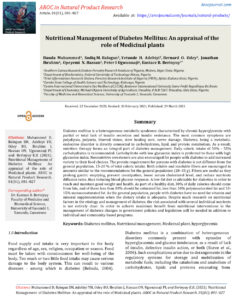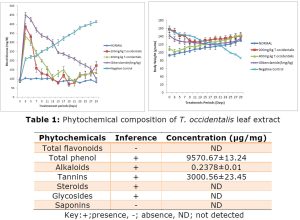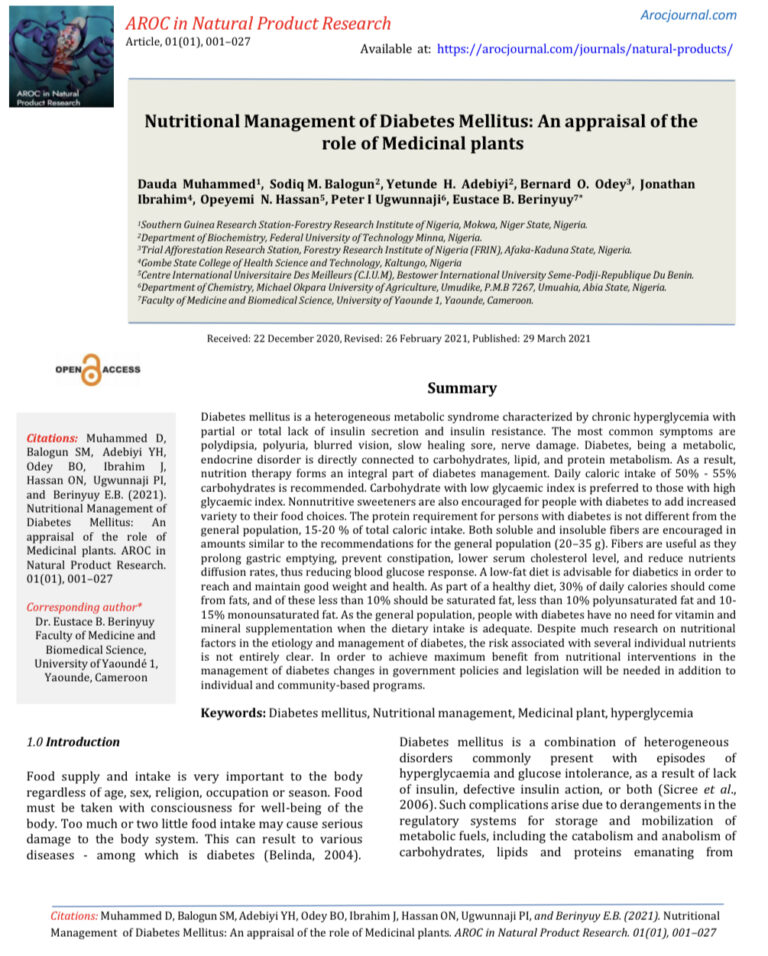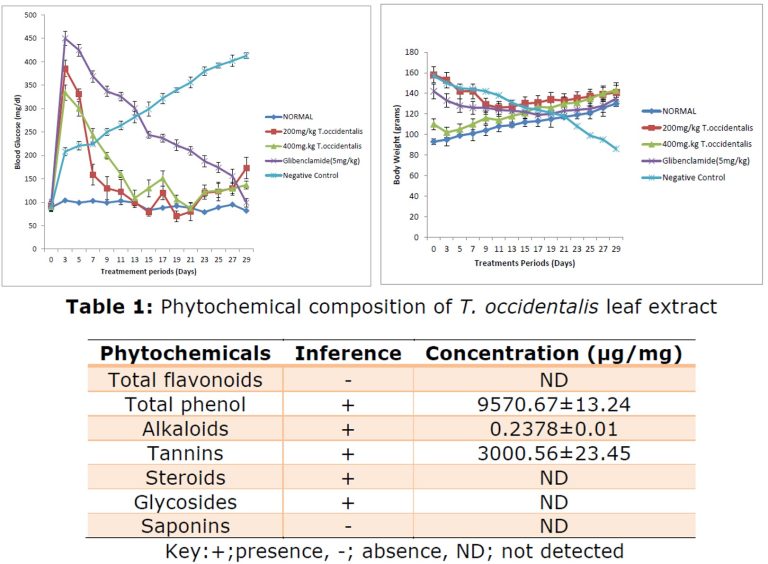Introduction:
Healthcare delivery has undergone significant transformation in recent decades, driven by technological innovation. Among these, robotics stands out as a game-changer, offering unprecedented precision, consistency, and adaptability in medical practice.
Robotic-assisted surgeries allow for minimally invasive procedures, reducing blood loss, hospital stays, and patient recovery times. Beyond the operating room, robots are being deployed in rehabilitation, patient monitoring, and even hospital logistics—assisting with tasks such as disinfection and medication delivery.
Despite its promise, the integration of robotics into healthcare comes with challenges: high costs limit accessibility, while ethical questions regarding machine autonomy in life-critical procedures remain unresolved. This paper explores the current state of robotics in healthcare, its advantages, limitations, and the potential trajectory of this rapidly evolving field.

